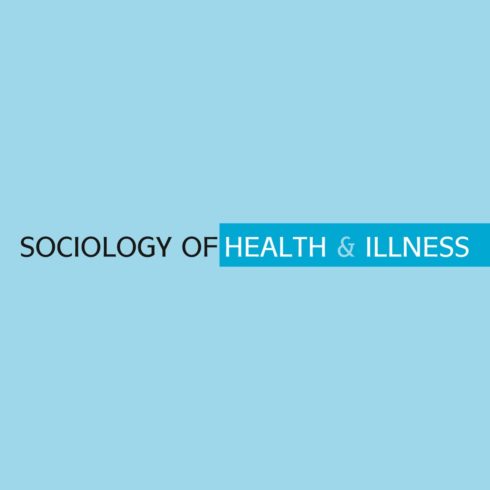Beyond behavior? Institutions, interactions and inequalities in the response to antimicrobial resistance
Editorial
Catherine Will
Sociology of Health & Illness 2026

Abstract
Antimicrobial resistance (AMR) has come to prominence as a priority for policy makers and a subject for media debate, following advocacy by the Chief Medical Officer (Davies 2015). The concept refers to the emergence and spread of strains of common infections that can no longer be treated by existing antibiotic classes, as bacteria change in response to exposure to antibiotics. The concept is known to many, not least due to the work of Dubos (1959) which informed early critical accounts of biomedicine and its claims. Resistance is becoming increasingly clinically important because of the lack of new classes of antibiotics and the spread of resistance to older drugs through transfers of genetic material as well as inheritance. Recent work in sociology and science and technology studies has examined different framings of this ‘social problem’ (Brown and Crawford 2008; Brown and Nettleton forthcoming; Morris, Helliwell and Raman 2016), however sociology has not often been seen as part of the solution. In this virtual special issue, I draw attention to relevant work within the Sociology of Health and Illness and call for further research to inform policy and practical responses.
To read the full article, please click here.
View Publication > Share
Share






Commentary
The latest commentary on the use of antimicrobials in society.